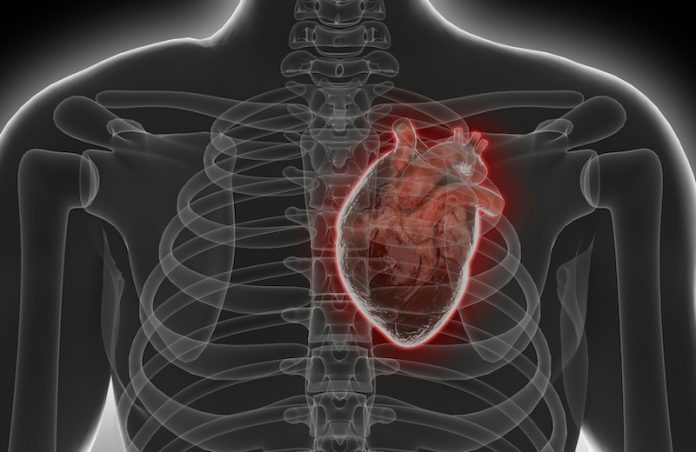
Managing heart disease often involves a combination of lifestyle changes and medications. Doctors prescribe these medications to control symptoms, improve heart function, and reduce the risk of serious complications like heart attacks or strokes.
While heart disease treatment varies based on the individual’s condition, certain medications are commonly used and supported by research as effective tools for heart health.
One of the most widely prescribed types of medication for heart disease is statins. Statins help lower bad cholesterol (LDL), which can build up in the arteries and lead to blockages.
Research has shown that statins can significantly reduce the risk of heart attacks and strokes, especially in people with high cholesterol or a history of heart problems.
Common statins include atorvastatin (Lipitor) and simvastatin (Zocor). They work best when combined with a heart-healthy diet and exercise.
Another important group of medications is blood pressure drugs. High blood pressure, or hypertension, forces the heart to work harder, increasing the risk of heart disease.
Medications like ACE inhibitors (such as lisinopril) and ARBs (angiotensin receptor blockers like losartan) relax blood vessels, making it easier for blood to flow.
Beta-blockers, such as metoprolol, help slow the heart rate and reduce the force of heartbeats, giving the heart a chance to recover and function more efficiently.
Studies show that lowering blood pressure with these medications can significantly reduce the risk of heart failure and other complications.
Blood thinners are also commonly prescribed to prevent clots that can lead to heart attacks or strokes. Aspirin is a well-known blood thinner that reduces the stickiness of platelets, the cells that help blood clot.
For people at higher risk, stronger blood thinners like clopidogrel (Plavix) or newer drugs like rivaroxaban (Xarelto) may be recommended.
These medications are particularly important for people with stents, artificial valves, or conditions like atrial fibrillation that increase the risk of clots.
For people with chest pain caused by reduced blood flow to the heart (angina), nitroglycerin is often used. Nitroglycerin helps relax and widen blood vessels, allowing more oxygen to reach the heart.
It can be taken as a quick-relief tablet or spray during angina episodes or as a longer-acting medication to prevent them.
Diuretics, or “water pills,” are prescribed to reduce fluid buildup in people with heart failure. When the heart isn’t pumping efficiently, fluid can accumulate in the lungs, legs, and other parts of the body, causing swelling and shortness of breath.
Medications like furosemide (Lasix) help the body get rid of this excess fluid, improving symptoms and making it easier for the heart to function.
Newer drugs are also making a difference in heart disease management. For example, SGLT2 inhibitors, originally developed for diabetes, have been found to improve outcomes in heart failure patients.
These drugs, like empagliflozin (Jardiance), help reduce fluid retention and improve heart function. Research shows they can lower hospitalization rates and improve quality of life for people with heart failure.
While medications are essential for managing heart disease, it’s important to take them exactly as prescribed and to work closely with your doctor.
Regular check-ups and blood tests can help ensure the medications are working effectively and avoid side effects. Combining medications with healthy habits like eating well, exercising, and quitting smoking creates the best outcomes.
In conclusion, heart disease medications are powerful tools that can improve heart function, prevent complications, and enhance quality of life.
Whether it’s statins to lower cholesterol, blood pressure medications, blood thinners, or newer options like SGLT2 inhibitors, these treatments have been proven to make a difference.
If you have heart disease, understanding your medications and following your doctor’s advice can help you live a longer, healthier life.
If you care about health, please read studies about the benefits of low-dose lithium supplements, and what we know about egg intake and heart disease.
For more information about health, please see recent studies about potatoes and high blood pressure, and results showing 6 best breads for people with heart disease.
Copyright © 2024 Knowridge Science Report. All rights reserved.



